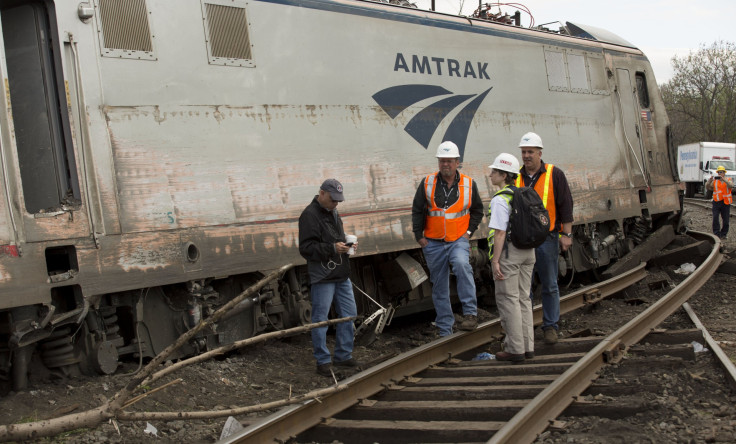Amtrak 188 Crash: Senator Wants Liability Limit Raised To $500 Million

WASHINGTON -- A bill to lift the $200 million cap on payments to the survivors and victims of the Amtrak derailment in Philadelphia that killed eight people and injured hundreds more was filed in the Senate Monday. Sen. Bill Nelson, D-Fla., is seeking to raise the maximum to $500 million.
The $200 million liability limit -- which would have to be divided among all of the more than 200 victims of the crash and families of the deceased -- was established by Congress in 1997 to protect the struggling rail business. Since then, lawmakers have attempted, and failed, to raise the limit to $500 million.
“We can’t allow anyone to suffer additionally due to an outdated cap based on mid-1990 dollars,” Nelson said in a statement. Nelson, who is the top Democrat on the Senate Commerce, Science and Transportation Committee, pointed to experts who said the $200 million might not be enough to cover even the medical expenses from those injured or killed in the crash.
Getting the cap raised could be a difficult political endeavor, especially if the increased payouts are expected to come out of the federal government’s pockets. While Amtrak has liability insurance, like any transportation company, it is a federally owned corporation -- meaning it would be Congress that would have to foot the bill should the expense exceed its funds.
While it might seem an easy undertaking to get Congress to appropriate funds for victims of an accident or disaster, in recent years, similar efforts have struggled to gain approval. In the wake of Hurricane Sandy, a number of Republican lawmakers pushed for “offsets” to the recovery aid given to the affected states. Offsets require equal spending reductions somewhere else, meaning other domestic programs would have to be cut. Democrats fought the effort to mandate offsets. The Hurricane Sandy aid bill cost a total of $51 billion.
© Copyright IBTimes 2024. All rights reserved.






















